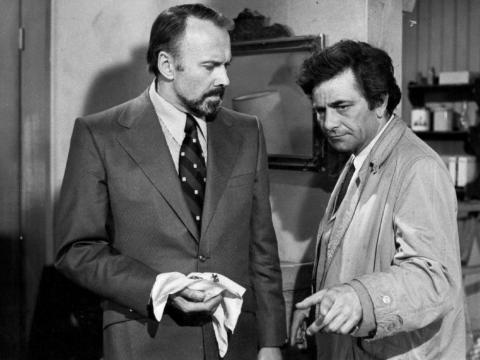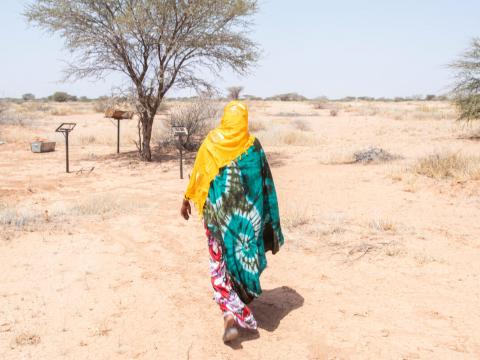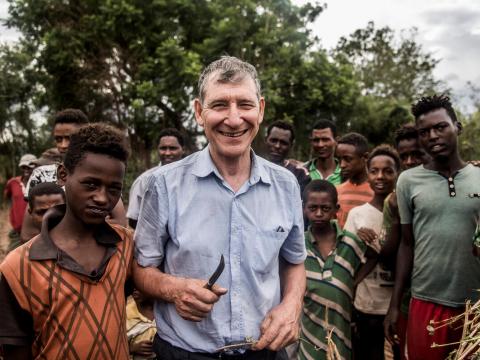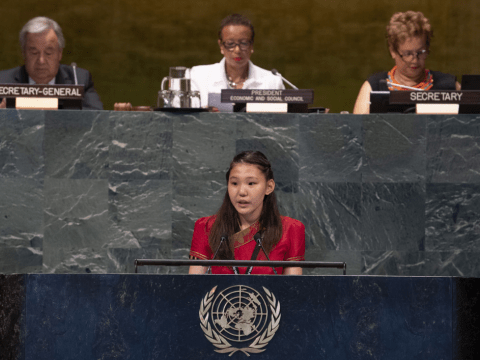
Climate Change: Good CoP, Bad CoP?
Jason asks the tough questions to reveal the truth about COP26.
By Jason Garrett
Some of my favourite films and TV programmes over the years have been police dramas, from TV series Hill Street Blues and Columbo in my youth to the more recent NCIS and films such as The French Connection or Beverly Hills Cop. Often they feature a police duo who get thrown together even though they are completely different personalities, and the drama or the comedy centres around how they get on and whether they can solve the crime with their different approaches.
It’s the classic “Good Cop, Bad Cop”, a phrase we use in all aspects of life to talk about how different approaches combine to try to achieve the desired end result.
In November this year the UK will be hosting the 26th Conference of Parties of the United Nations Framework Convention on Climate Change, or COP26 as it more commonly known. The big question is will it be a good COP or a bad COP?
How will we know? Well, like in the best police dramas and films, there are ‘The Usual Suspects’ to look out for:
-
How accessible is the COP? In the case of COP26, are developing countries able to attend with large enough delegations to take an active part in the negotiations and decision making? Have those most at risk of climate change impacts, including children and young people and people with disabilities, had their voices heard?
-
How ambitious is the COP? In the lead up to November, are commitments being made that will keep temperature increases below 1.5°? Is COP26 going significantly further in ambition than the Paris Agreement? What hope is there that any of these commitments and agreements made will actually be put into practice?
-
How fair is the COP? Have key COP26 decisions been taken in open discussions or behind closed doors? Has more been offered and committed to the Least Developed Countries? Are there mechanisms for ensuring climate finance benefits the most vulnerable and at risk communities? Are those who pollute the most being asked to make the greatest contributions?
At the moment, it isn’t looking too good for any of these suspects. The UK Government is continuing to insist that the COP should be in person rather than online. While this might make negotiations easier, it will also mean that developing nations will find it harder than ever to attend given the issues over vaccines, quarantine and travel, which are unlikely to have been resolved by November. And it will definitely make it harder for vulnerable and at risk communities to be represented, especially children and people with disabilities.
This isn’t good enough.
I had high hopes for a really ambitious COP that would push hard for agreements and commitments that will see temperature rises limited to less than 1.5°, but it does seem to be a lot of talk and little action. The G7 didn’t produce any commitments to raise hopes of an ambitious COP, and the financing commitments made back at COP15 in Copenhagen in 2009 have not been met, even with a deadline of 2020.
So the event is currently looking like a Bad COP. Which is why we all need to put pressure on our leaders and representatives to turn it into a Good COP.
Oh, and (in the spirit of TV's Columbo) just one more thing – if you are part of a faith community, do pray for our decision makers, that they will be given the courage and wisdom needed to make this an ambitious COP that puts the needs of the most vulnerable at its heart.
To learn more about World Vision's on climate change and environmental stewardship click here
Jason Garrett is World Vision UK’s Senior Resilience Programme Adviser. Follow Jason on Twitter @JasonPGarrett
Image: Peter Falk (right) plays Detective Columbo By NBC Television - eBay itemphoto, Public Domain, https://commons.wikimedia.org/w/index.php?curid=16540910


